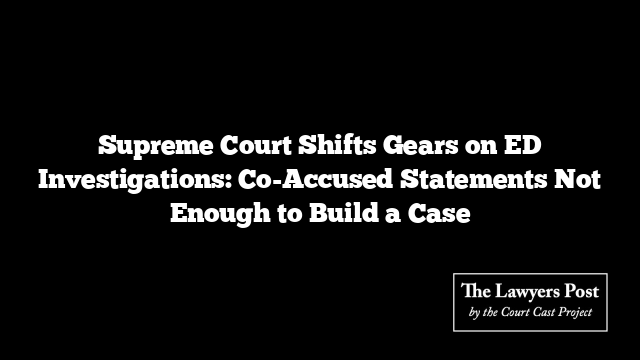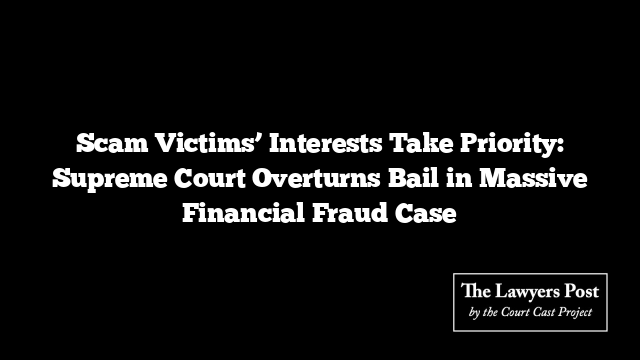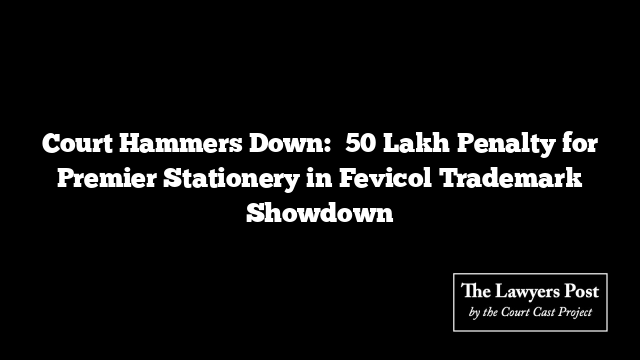In a significant ruling, the Supreme Court emphasized that the Enforcement Directorate (ED) cannot rely solely on the statement of a co-accused to establish a case in money laundering investigations. This decision came while granting bail in a money laundering case, underscoring that an incriminating statement from a co-accused does not qualify as substantive evidence.
The ruling highlighted that any statement made by a co-accused against another cannot serve as the foundation for a case. The prosecution must first gather independent evidence before considering the co-accused’s statements, which can only be used to lend assurance, not as primary proof.
Justices BR Gavai and KV Viswanathan, who presided over the case, referenced Section 30 of the Indian Evidence Act, reinforcing that the established legal principles still apply. They cited the precedent set in Kashmira Singh vs. State of Madhya Pradesh [1952], where the Court advised that a conviction should be based on independent evidence, with confessions only being used as supplementary support.
The Court was hearing the bail plea of Prem Prakash, accused in a money laundering case, who wasn’t initially named in the Enforcement Case Information Report (ECIR). Upon reviewing the evidence, the Court found that the statements of co-accused persons, relied upon by the ED, were insufficient to implicate Prakash. The bench observed that there was scant evidence under Sections 3 and 4 of the Prevention of Money Laundering Act (PMLA) to support the charges against him.
Additionally, the Court declared that any statement made by an accused under custody in a PMLA case to ED officers, incriminating themselves in another PMLA case, would be inadmissible. The reason, as noted by the bench, is that a person in custody is not operating with a free mind, making it unsafe to use such statements as evidence.
The Supreme Court’s ruling stressed that any procedure involving statements from individuals in custody must adhere to the principles of fairness and justice, as enshrined in Article 21 of the Indian Constitution. The procedure, they emphasized, must be reasonable and valid, ensuring that custodial statements are handled with the utmost caution.
In this context, the Court concluded that bail should be the norm, not the exception, even under the stringent provisions of the PMLA, reinforcing the need for foundational facts of money laundering to be prima facie established by the ED when opposing bail.





